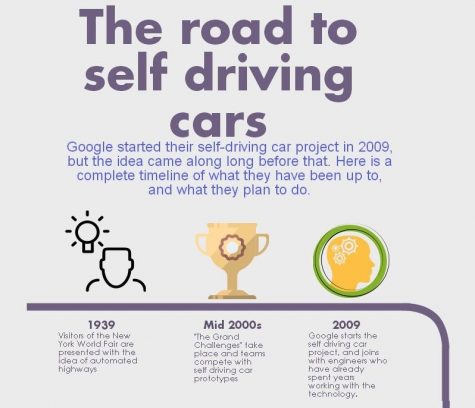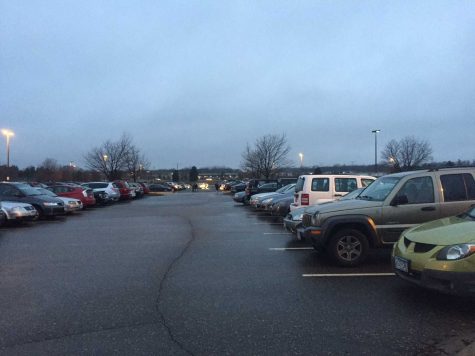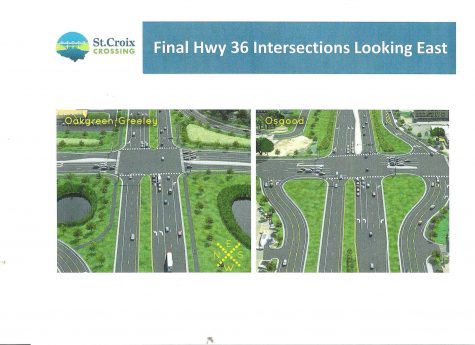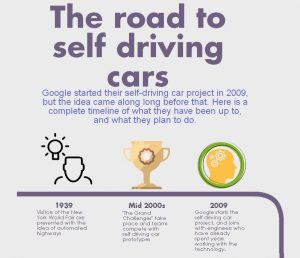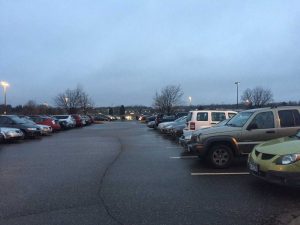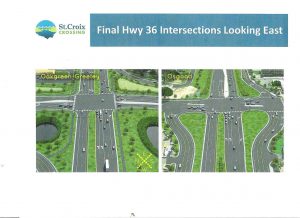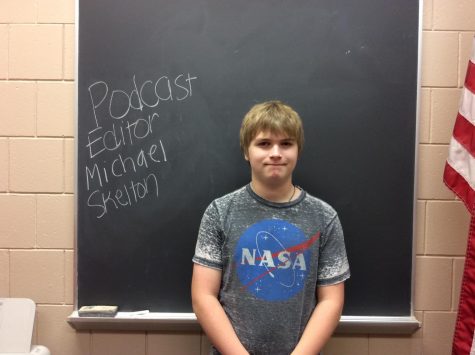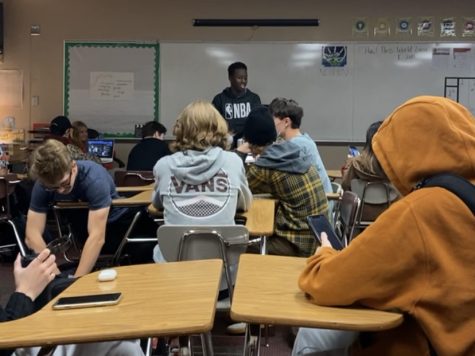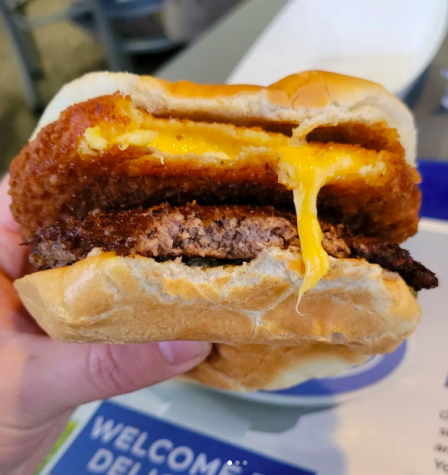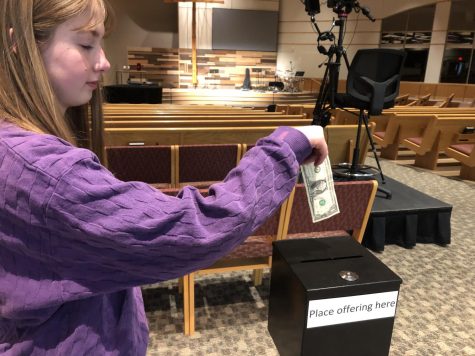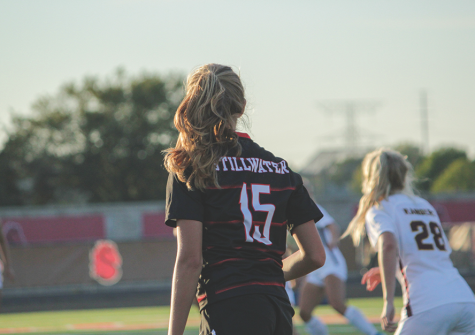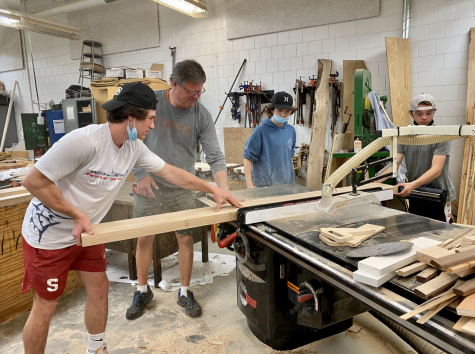Drowsy driving just as bad as drunk driving
May 10, 2016
Multiple studies over the years, performed by various institutions, have been showing a disturbing trend in how lack of sleep can be just as bad as driving under the influence of alcohol. In 2016, it has come under light as the National Highway Traffic Safety Administration has released a plan of action against drowsy driving.
National Highway Traffic Safety Administration has conducted research and released a plan in March to take action. In the plan, they will go to extensive measures to seek information about why drowsy driving can be so deadly. In most studies conducted by other institutions, it has been shown that lack of sleep has a radical effect on reaction time and alertness, which is very akin to the effects of driving while intoxicated.
Many sources cite the Archives of Internal Medicine, where the conclusive results of all of these studies were placed. In the archives, it talks about drowsy driving and drunk driving as if they were nearly the same thing.
The Archives of Internal Medicine contains the quote, “Drivers who were either drunk or sleepy were at least twice as likely to be responsible for a vehicle accident compared to their well-rested or sober counterparts.”
A recent study shown on drowsydriving.org shows a direct comparison between blood alcohol level and lack of sleep, which means that they are indeed just as bad as one another.
The study on drowsydriving.org said, “Staying awake for 18 hours corresponds to a blood alcohol level of .05; maintaining wakefulness for a full 24 hours equates to a BAC of .10, which is over the legal limit of .08.”
The statistics shown comparing the two (drowsy and drunk driving) are shocking at how similar they can be. Even back in 2005, when technology was not to blame in keeping many teenagers and adults awake for longer, we see the same results as the studies conducted recently.
The 2005 Sleep in America poll revealed to readers, “60 percent of adult drivers – about 168 million people – say they have driven a vehicle while feeling drowsy in the past year, and more than one-third, (37 percent of 103 million people), have actually fallen asleep at the wheel! In fact, of those who have nodded off, 13 percent say they have done so at least once a month.”
Drowsy driving does not only affect older adults with busy schedules, however in reality, younger people can be very susceptible to the effects of sleep deprivation.
Coming directly from the NHTSA’s plan, they said, “Drowsy driving is not just falling asleep at the wheel – it is a profound impairment that mimics alcohol-impaired driving in many ways…age also plays a significant factor… drivers ages 16-24 were nearly twice as likely to be drowsy at the time of their crash in comparison to drivers ages 40-59.”
Teenage drivers and adults alike should be very cautious of both drunk driving and drowsy driving because now it has been shown that there are direct correlations between the two of them. To fight against drowsy driving, it is recommended that everyone gets 8 hours of rest at a time, and if drowsy while driving, find a place to pull over and take a 20-30 minute “power nap” as even that can help. On the other hand, with drinking and driving, it’s always best to have a sober driver behind the wheel, as even a buzzed driver could cause a fatal accident.


